Are you looking for places to go for the Setsubun festival in Tokyo? In this article, we have learned what Setsubun is. If you haven’t yet, please refer to this article. This article showcases the places you can visit to celebrate and enjoy this unique culture.
Table of Contents
ASAKUSA KANNON, SENSO-JI
The oldest temple in Tokyo, with over 1400 years of history, is likely already familiar to many of you. As for the Setsubun event celebrated on a grand scale in Edo (the old name for Tokyo), it all began with Senso-ji Temple. At Senso-ji, during the bean-throwing ceremony, instead of shouting “Oni wa soto, fuku wa uchi” (Demons out, fortune in) in reference to the belief that there are no demons in front of the temple, it is customary to proclaim “fuku wa uchi” (fortune in).
During the Setsubun festival, various activities take place, including bean throwing and the performance of one of Senso-ji Temple’s three major dances, the “Fukuju no Mai” (Dance of the Seven Deities of Good Fortune). Additionally, there are bean-throwing events featuring local celebrities associated with Asakusa.
Source : Sensoji
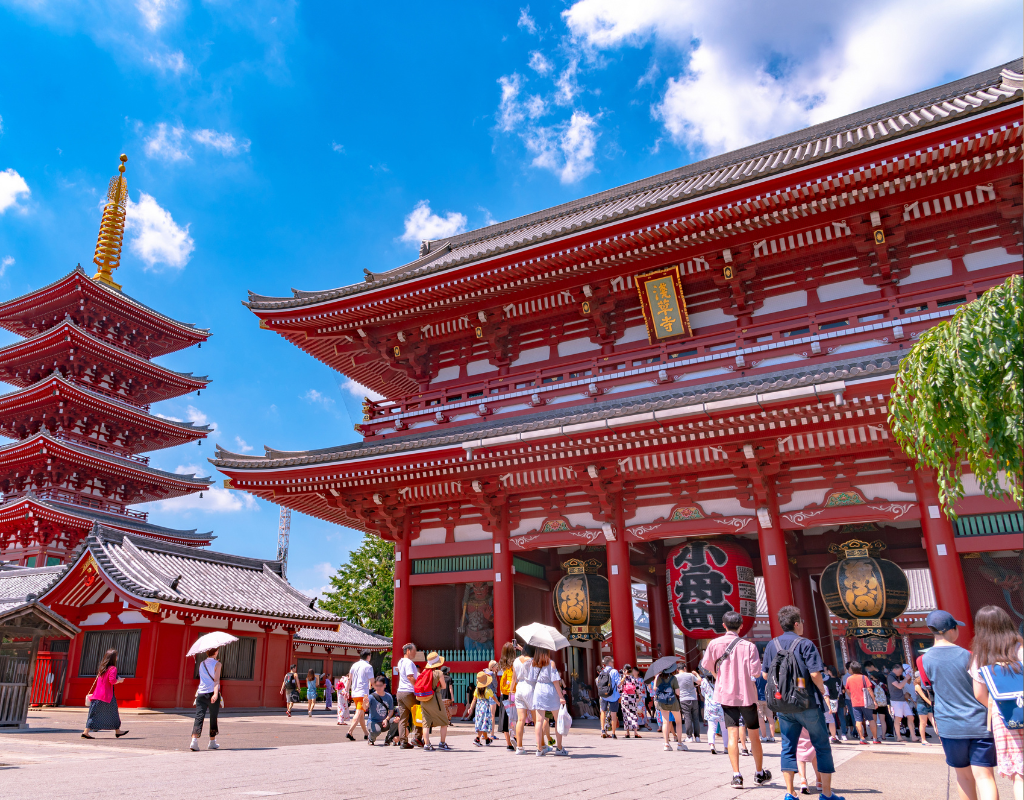
Details
Further Details: View Website
Address:2-3-1 Asakusa, Taito-ku, Tokyo
- Date: February 3rd, noon, 14:00 *Please check the latest schedule on the website.
Shibakoen, Zojoji Temple
Zojoji was founded in 1393 and is located in the heart of Tokyo, adjacent to the Tokyo Tower. Renowned as the resting place of six Tokugawa shoguns, it boasts a rich history intertwined with the Tokugawa family. Every year, Zojoji attracts a large crowd during the Setsubun festival.
On the stage, various activities take place, including mochi pounding. Additionally, selected individuals, chosen from the general public as “Special Year Men and Women,” join celebrities in throwing beans as part of the festivities.
Source and photo by: ZOJOJI
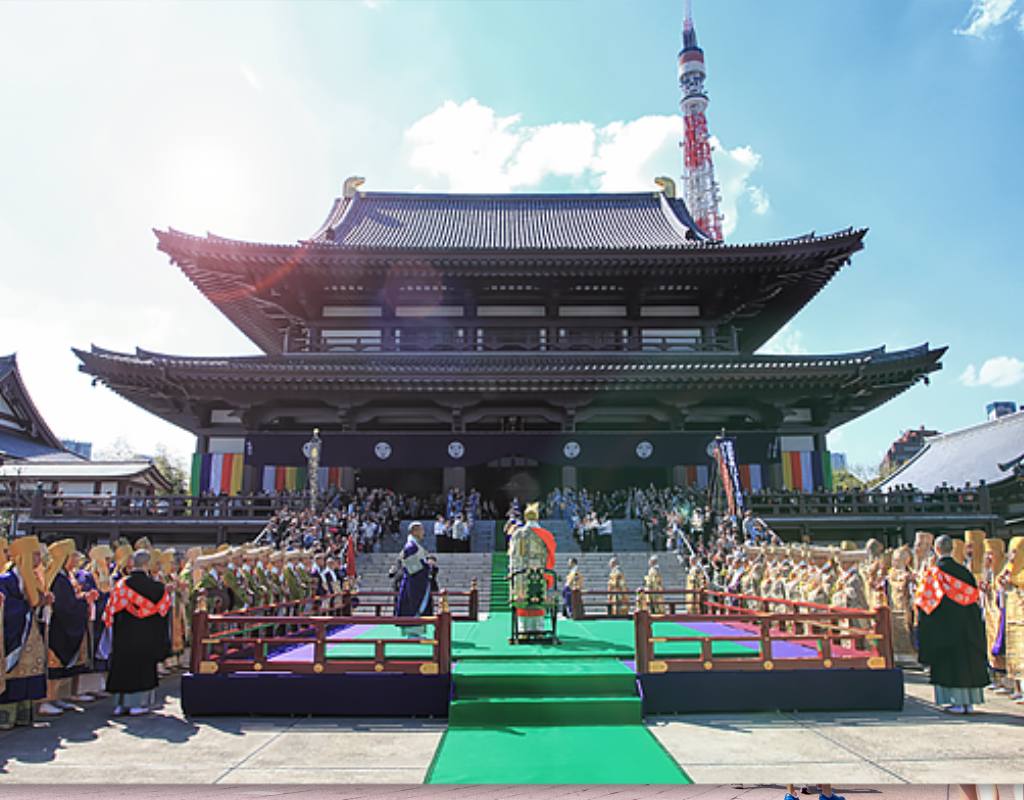
Details
Further Details: View Website
Address: 4-7-35 Shibakoen, Minato-Ku, Tokyo
- Date: February 3rd, Please contact 03-3432-1431 for the latest schedule.
YOYOGI HACHIMANGU SHRINE
Yoyogi Hachimangu, known as the deity for the “Development and Protection of Industry and Culture” and as a guardian for “Safe Childbirth,” “Child Rearing,” and “Household Safety,” safeguards the local community. Annually, the Yoyogi Hachimangu shrine invites participants from the public to join in throwing beans during the Setsubun festival.
Those interested in participating are obliged to pay a fee of ¥15,000 for adults and ¥8,000 for children. This fee covers entry to the Setsubun festival, a Shrine amulet, a square wooden cup traditionally used for drinking sake, souvenir beans and rice cakes, a bento box, and assistance with the traditional Japanese attire known as “hakama.”
Source and Photo by: Yoyogi Hachimangu Shrine
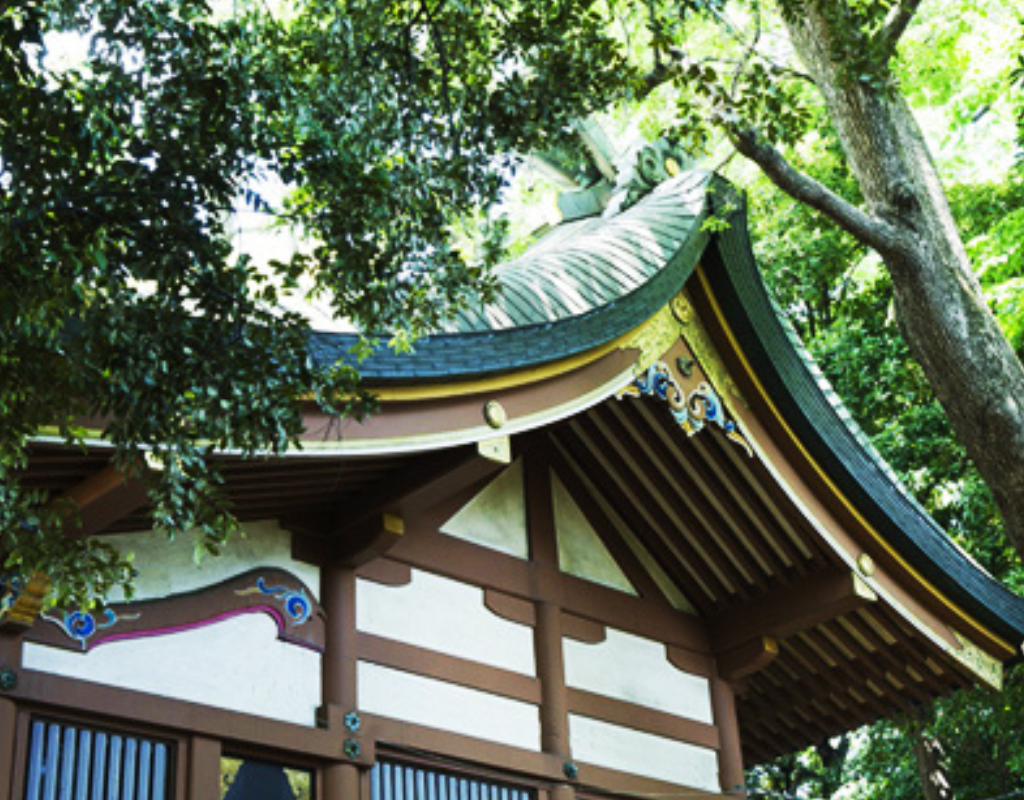
Details
Further Details: View Website Available only in Japanese
Address: 5-1-1 Yoyogi, Shibuya-ku Tokyo
Date: February, 3rd Please contact 03-3466-2012 for the latest schedule.
Jingu-mae, Onden Shrine
With a history spanning 400 years, Onden Shrine stands amidst the bustling atmosphere of Jingu-mae, offering a serene space. Revered as a deity for beauty, artistic skill improvement, marital harmony, and the creation of all things, the shrine continues to be a place of faith. Here, at the shrine’s main hall, a ritual takes place from 4:00 PM. Following the recitation of prayers, the red and blue demons make an appearance, and attendees, chanting “Oni wa soto, fuku wa uchi” (Demons out, fortune in), throw beans to drive away the demons. Additionally, it seems one can acquire “Goshiki Mame” (Five-Colored Beans) and lucky beans containing the deity of good fortune during this event.
Source and Photo by: Onden Shrine
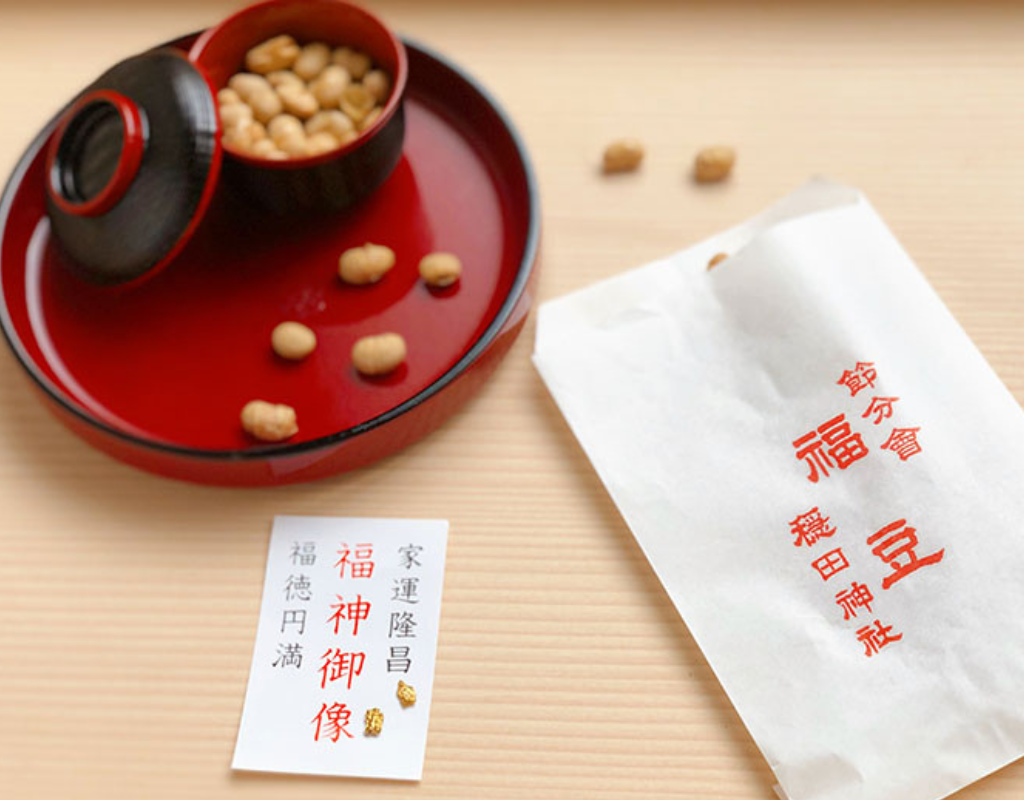
Details
Further Details: View Website Available only in Japanese
Address: 5-26-5, Jingu-mae, Shibuya-ku, Tokyo
Date: Februry 3rd 2024, from 16:00
Chofu City, Jindaiji Temple
Jindaiji Temple, a Tendai Buddhist temple situated in Chofu City, Tokyo, boasts a history of around 1,300 years, making it one of the oldest Buddhist temples in Tokyo. Located approximately an hour away from the city center, Jindai Temple holds special significance during Setsubun, a day dedicated to prayers for warding off bad luck and ensuring household safety. The temple hosts grand Setsubun festivals featuring celebrities participating in bean-throwing ceremonies on a specially designated stage.
Despite its close proximity to central Tokyo, the Jindaiji area is renowned for its clear water and has been selected as one of “Tokyo’s 57 Famous Springs.” This abundance of clean water makes it a notable location for excellent soba restaurants. It is believed that pure, clean water enhances the taste of Japanese soba, contributing to the area’s reputation as a hotspot for delicious soba dishes.
Source and Photo by: JINDAIJI TEMPLE
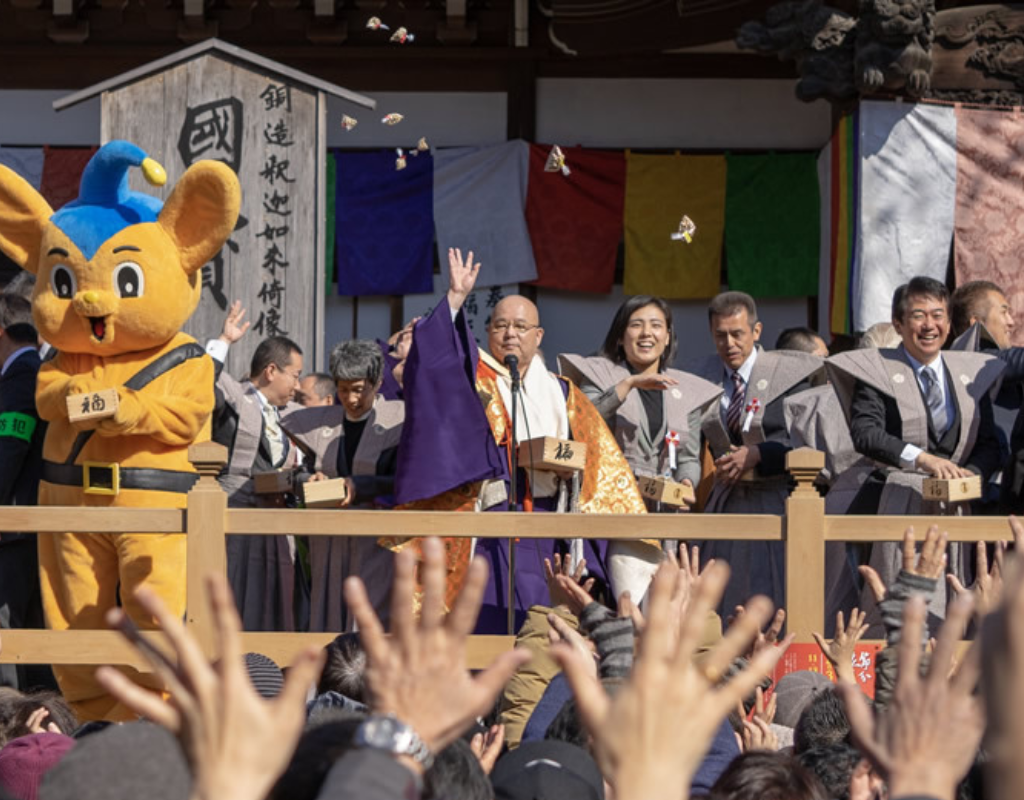
Details
Further Details: View Website *Only in Japanese
Address:5-15-1 Motocho, Jindaiji, Chofu City, Tokyo
Date: Februry 3rd, 2024

